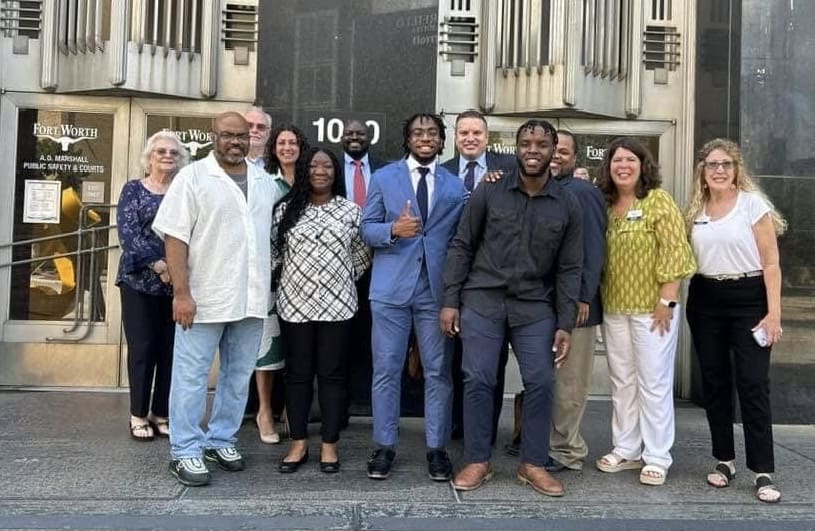A devious plot to circumvent the Constitution and abolish the Electoral College has quietly reached dire stages on two different fronts.
The plot relies on a contorted interpretation of Article 2 of the Constitution, which originally gave states the power to choose the manner in which presidential electors were selected.
“Each State shall appoint, in such Manner as the Legislature thereof may direct, a Number of Electors, equal to the whole Number of Senators and Representatives to which the State may be entitled in the Congress”
The legal argument being used to abolish the Electoral College is erroneously extracted off of this provision in two different ways.
The first argument claims that a state may open the election of their electors up to the voters of 49 other states, ceding state sovereignty and abolishing the legitimacy of its own voters. The second maintains that states somehow have the ability to bind their electors to vote for the national popular vote winners.
Several different groups were formed to exploit this legal distortion by getting enough state legislatures to elect and bind their electors to the national vote totals. Some of these groups are reportedly funded by George Soros, with one even boasting a prominent Michigan GOP figure on its board of directors.
The National Popular Vote (NPV) groups have successfully passed these measures in 12 states; with Colorado and New Mexico almost ready to join, the total number of nationally bound electors will be 186—just 84 votes shy of the amount needed to effectively abolish the institution.
Republican efforts to publicly counter and oppose the NPV machine have been laughable, if not nonexistent. With the measure having passed at least one legislative chamber in states possessing another 75 electoral votes, time is running out.
While the NPV machine moves forward unhindered, the Electoral College has found a champion in the most unlikely advocates imaginable, and their recent efforts have largely gone unreported.
In 2016, a number of Democrat presidential electors decided they did not want to vote for Hillary Clinton and decided to form an organization seeking in part to restore the constitutional rights of free suffrage for electors, thusly reviving the Electoral College’s ability to serve as a power of state check against the federal executive.
Billing themselves as the “Hamilton Electors,” after Alexander Hamilton, the Democrat electors filed lawsuits in both Washington state and Colorado, challenging the power of the state legislature to bind their votes to any particular candidate.
The electors argue that states lack any power to control a presidential elector once the elector has been appointed or elected and that the State of Colorado illegally intervened to prevent the electors from voting for Republican alternatives instead of Hillary Clinton.
The electors in question were removed in mid-process of voting, a duty the Constitution places upon electors to discharge in explicit detail.
On January 24, the 10th circuit court of federal appeals held oral arguments on the case (Baca v Colorado State), with the arguments surrounding state power to appoint or control electors under the Article 2 interpretation being at the center of the case.
While largely unreported, this case stands to create landmark case precedent regarding the Electoral College, which will be instrumental in stopping the NPV once it goes into effect.
Disturbingly, an attorney representing the Republican Party filed an Amicus Brief with the court, siding against the Electoral College and supporting the contorted interpretation of the Constitution being used by the left to abolish the institution.
With the key decision now resting in the hands of the federal appellate court, the case is posed to potentially make its way to the Supreme Court. Republicans would be wise in the meantime to review which side the legal counsel representing the Party intends to aid.
Designed by our founding fathers, who recognized that the method of selecting the chief executive was critical to preventing unfettered expansion of federal powers, the system worked by providing the states with a mechanism of check against the central government and prevented the few populous states from dictating to the less populous rural states.
In preserving their sovereignty, each state would select electors who represent the state in voting to elect the president and vice president. The number of electors available in each state is based on a state’s population, fixing the number to correspond with the number of senators and representatives in Congress; this makes the number of electoral votes representative of all residents, rather than simply those who show up to vote.
The passage of the Fourteenth Amendment in 1868 added a constitutional right for the people of each state to freely vote for their choice of presidential electors, making it an elected state office and limiting the states’ ability to appoint electors should the state hold an election.
Early opponents of the Electoral College began passing state laws removing the names of the elector candidates from the general election ballot, then replaced them with the party’s nominees for the presidential ticket in an effort to make the election seem to voters like a direct election. Some states still list presidential electors on the general election ballot, which could arguably be something the Constitution actually requires.
The Electoral College is a defining element of our constitutional republic. Our nation is structured under the concept that certain God-given individual rights, enumerated under our Constitution, are not there to be stripped at the leisure of overbearing majorities. The system reflects this concept in function, protecting the interests of the minority against the dictates of the majority.
With the existence of the Electoral College in jeopardy, Benjamin Franklin’s words are a reminder of the perpetual challenge for us to bear: “A Republic, if you can keep it.”





